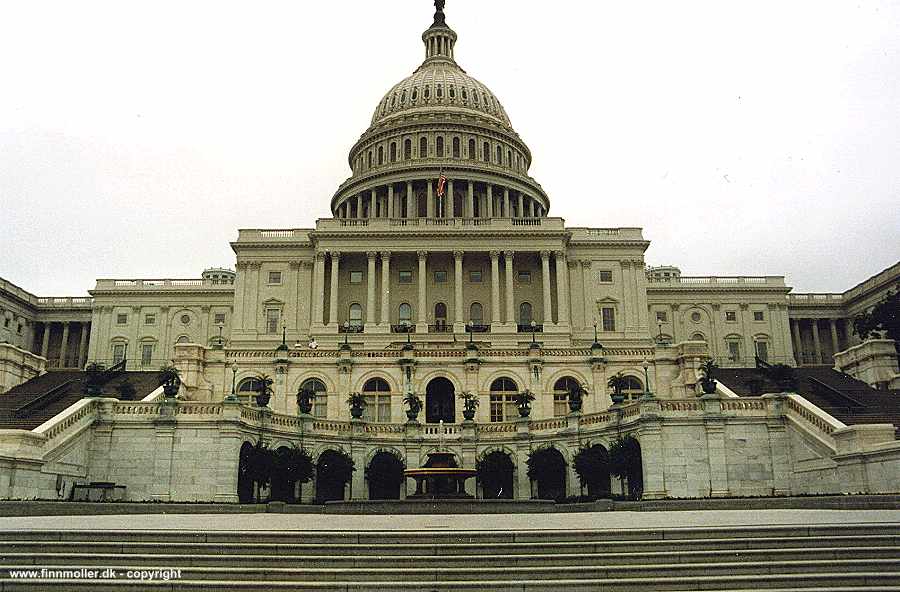
It seems that now that the Democrats actually have some power, I can think of nothing to do but criticize them. But I suspect a certain amount of dissension, both ideological and strategic, can actually be beneficial to the party. So bear with me as I once again commence in what seems to be becoming a recurring pattern. On November 8th, I was optimistic about Nancy Pelosi's coming Speakership, but recent events have made me a little apprehensive. There was Pelosi's ill-advised effort to elevate Murtha to the post of majority leader, but there are also less publicized items. Pelosi has the authority to chose the leader of the House Intelligence Committee, and the logical choice for the job is the ranking Democrat, Jane Harman. While Ms. Harman may be more independent than Pelosi would prefer, she is intelligent, hardworking, and a far superior choice than Pelosi's preference. Alcee Hastings, a man who was impeached and removed from a judgeship in 1989 for attempting to secure a $150,000 bribe. Perhaps I am judging the Democrats too fast, but it is precisely because of the fact that a party elected last week already is trying to get officials who are corrupt into leadership roles, and expending political capital in power struggles, that I am a little worried. Of course I am glad the Democrats won. Divided government is a tonic that can help revive Washington when it is mired in corruption and inactivity. After all, liberalism is an ideological, not a partisan, system. Progress does not require absolute control by a single party.
